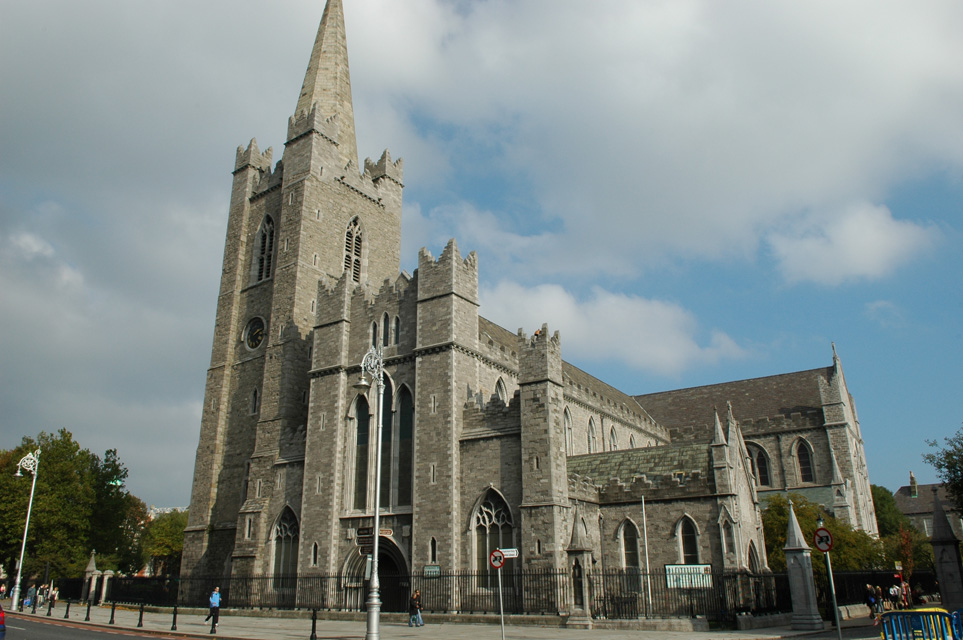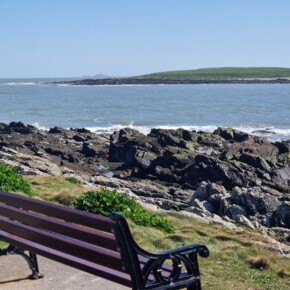Heneghan calls for climate action
Dublin People 18 Apr 2025
Independent TD Barry Heneghan has warned that Ireland risks paying billions in recurring EU fines unless urgent investment is made in our renewable infrastructure especially in offshore wind and port and grid capacity.

Raising the issue directly with Minister for Climate Darragh O’Brien in the Dáil on Thursday the 10th April , Deputy Heneghan questioned whether the Department has carried out any cost analysis or simulation of the potential fines Ireland faces for missing its 2030 emissions targets.
“Has the Department carried out any cross-simulation or cost analysis of the potential fines that we are going to face if we do not reach our 2030 climate targets? Does the Minister agree that we should put the equivalent investment into our country rather than paying other EU countries, as a tap on the back, for the hard work they did? I want to know what the Department is doing because we need to do it now, at the start of this programme for Government, rather than in five years’ time asked Heneghan
The Minister confirmed that no EU fine framework currently exists, but acknowledged the targets under the Effort Sharing Regulation (ESR) are “very challenging”. He also agreed with Deputy Heneghan’s call for greater investment, stating, “At a European level, a discussion needs to happen about ensuring that states invest further, as Deputy Heneghan has rightly said.”
At a European level, a discussion needs to happen about ensuring that states invest further, as Deputy Heneghan has rightly said. There is no framework at the moment that details what the structure of any fines will be. If we look at the existing measures we are taking, there were emissions reductions last year of about 6.8% and about 2.2% in the previous year, while our economy was growing. We are also seeing a continued increase in renewables. We are certainly on the right pathway but I want to accelerate that. I will be having discussions with European colleagues around the framework for any potential fines.
“There’s Only One Show in Town Offshore Wind”
Deputy Heneghan emphasised the strategic role of offshore renewable energy in Ireland’s climate action plan and economic future. While welcoming the €90 million investment in Cork Port, he said it falls far short of what’s required to meet national and EU targets.
“We need to be investing hundreds of millions if not billions now,” he said, “or we’ll be facing recurring fines for years to come. The ships needed for offshore wind can’t dock at our ports. We don’t have the infrastructure in place to support the buildout. That’s the bottleneck — and unless we remove it, we risk turning a golden opportunity into a missed one.”
He called on the Government to immediately outline a multi-year, multi-port strategy, and to remove any legislative or regulatory barriers that currently prevent direct Exchequer investment into critical port upgrades.
Research and Long-Term Savings
Deputy Heneghan referenced ongoing research by former professor to the TD, Dr James Carton (DCU) and colleagues at UCD, funded by Research Ireland, which shows that upfront investment in port infrastructure is not only vital to the climate transition but would save the State billions in avoided fines and generate revenue through energy independence and exports.
“This is about more than emissions,” Heneghan said. “This is about saving the Exchequer money that could be spent on schools (Gaelscoileanna,!!), hospitals, disability services. It’s about protecting our economy and securing our energy future.”
Minister O’Brien responded positively to several of Deputy Heneghan’s points, referencing progress on maritime planning, the establishment of the Maritime Area Regulatory Authority (MARA), and forthcoming proposals to accelerate designated maritime area plans (DMAPs). He also reaffirmed the Government’s commitment to publishing the delayed Climate Action Plan 2025 in the coming weeks.
“The future is renewables, and particularly offshore renewables,” said O’Brien. “We are not 100 years away from this we are on course to have our first wind farms operational by the early 2030s, if not sooner.”
Deputy Heneghan concluded by welcoming the Minister’s engagement but cautioned that the window for decisive action is closing.
“We don’t get to roll this back in five years’ time. If we’re serious about delivering on climate, housing, and energy, we need to build now or we’ll be paying for our inaction for decades













